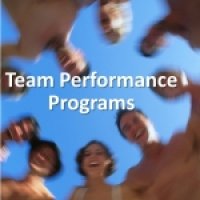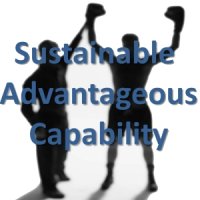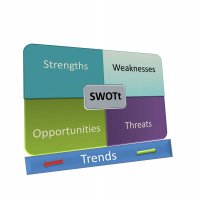A large portion of problems that cause teams to backslide into poor behaviors are due to issues with self-awareness: accurate and conscious knowledge and understanding of own's own motivations, natural tendencies, behavior under stress, preferences, attitudes etc.. We have found in assessing and discussing these issues with thousands of executives that at least 95% have at least one significant blind spot and at least 75% have major issues including a significant misunderstanding of themselves which lead to significant negative behaviors that they likely wouldn't do if more self-aware and also less stressed. Peter Drucker, in one of his last works, lamented that most leaders don’t know themselves well and that knowing and managing yourself is the key skill in knowledge organizations. Our experience also corroborates this. We describe this in more detail in the following:
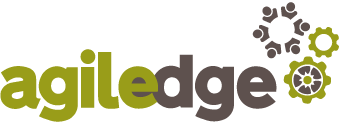











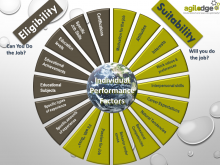






 One of the most difficult challenges managers face is choosing the right people and understanding how to get them to perform at their best. During the last 12 years of our experience, we have found no other tool except the Harrison Assessment that enables this kind of capability with incredible accuracy and insight.
One of the most difficult challenges managers face is choosing the right people and understanding how to get them to perform at their best. During the last 12 years of our experience, we have found no other tool except the Harrison Assessment that enables this kind of capability with incredible accuracy and insight.

 "The U.S. Department of Labor has estimated the costs to replace an employee to be approximately 1/3 their annual salary; but when you start looking at the impact of hiring the wrong employee and having to replace them, some studies say 2.5 times annual earnings, some 4 times and some even higher." AGILEdge
"The U.S. Department of Labor has estimated the costs to replace an employee to be approximately 1/3 their annual salary; but when you start looking at the impact of hiring the wrong employee and having to replace them, some studies say 2.5 times annual earnings, some 4 times and some even higher." AGILEdge





